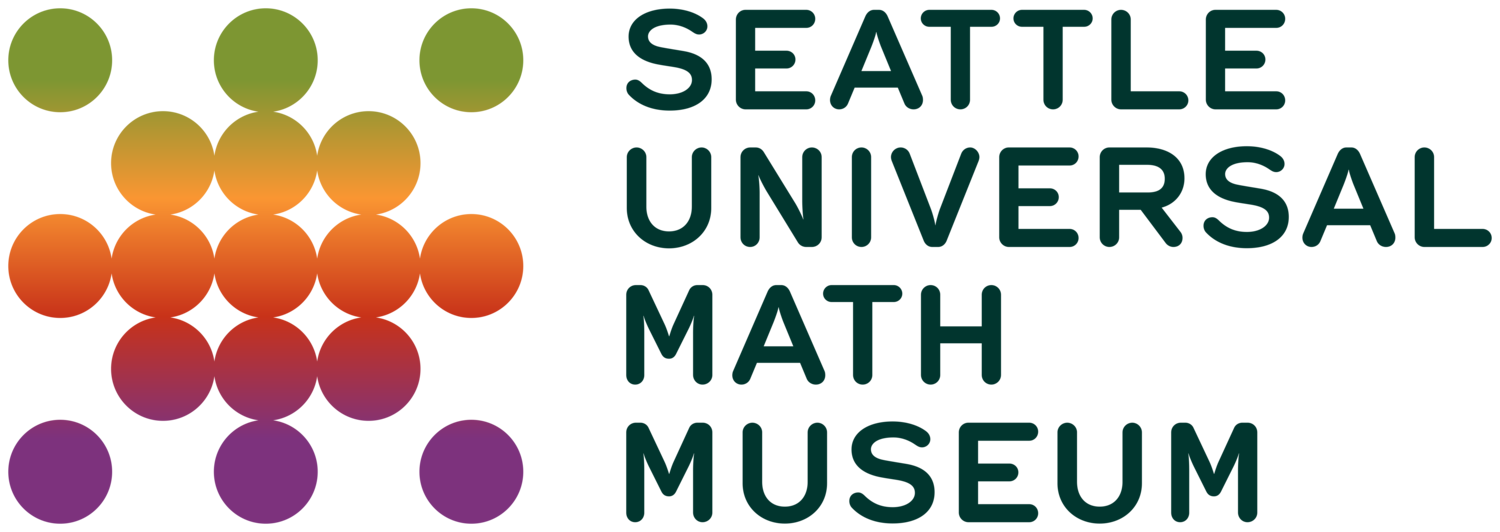
Ellen Eischen's Story
Ellen, an associate professor of mathematics at the prestigious University of Oregon, is on a mission to transform the way we perceive and engage with math.
As a cherished member of the advisory board at SUMM, Ellen's passion knows no bounds as she strives to build an inclusive and captivating environment where the sheer joy of math becomes accessible to all.
We're incredibly grateful for Ellen's valuable contributions and her commitment to making math an exciting and engaging experience for everyone. Prepare to be captivated by her story and be amazed by the remarkable contributions she is making at SUMM!
In what ways do you see SUMM promoting diverse participation in mathematics, and why is this important to you?
Promoting diverse participation helps expand people's ideas of what is possible both for themselves and for our society. Given how important math is to many developments in our world, we ought to be encouraging more people to engage with math.
SUMM will not just draw people in, but also meet them where they are, for example through the SUMMobile that will bring cool math activities to people's communities. SUMM will also highlight the diversity of people doing math. Personally, I would have benefited from having more female role models in STEM when I was growing up.
I internalized messages that it would be embarrassing for a girl to be into math. I kept a secret mathematical journal, to engage my mathematical interests without exposing myself to ridicule. I would have loved to have experienced the welcoming community SUMM is building!
How has your National Science Foundation CAREER award supported your work in mathematics, and how does it relate to the SUMM's mission?
My NSF CAREER award supports not only my mathematical research, but also activities directly related to SUMM's mission:
To share a creative side of math with the public, I organized Creativity Counts, a 3-month in-person exhibit at the Jordan Schnitzer Museum of Art. An accompanying virtual version became the JSMA’s most-visited virtual exhibit and has been viewed from 63 countries and 474 cities.
To immerse undergraduates in creative, abstract problem-solving early in their education, I developed a new course, Math and the Creative Process: A Participatory Exploration of Number Theory. I adapted approaches from the arts, especially improvisational theater, into that course.
I am collaborating with a STEM communication expert, Heather Barnes from Improv@Work, to create a series of workshops to train STEM instructors on employing principles of improvisation to help engage students.
I organized a workshop that facilitates diverse research collaborations.
How do you think SUMM can help change people's perceptions of math from a difficult and unapproachable subject to an exciting and accessible one?
SUMM is creating accessible and welcoming exhibits to engage people in aspects of math that many never get to see in school. If they're excited by their experiences at SUMM, they might be inspired pursue math and related topics further, including challenging ones.
SUMM will illustrate connections with topics visitors care about, showcase diversity, and bring cool math into a variety of communities. We will connect with visitors through interactive exhibits and hands-on activities. To help achieve this, SUMM has a vibrant group of volunteers, and I love getting to collaborate with them on future exhibits for SUMM.
